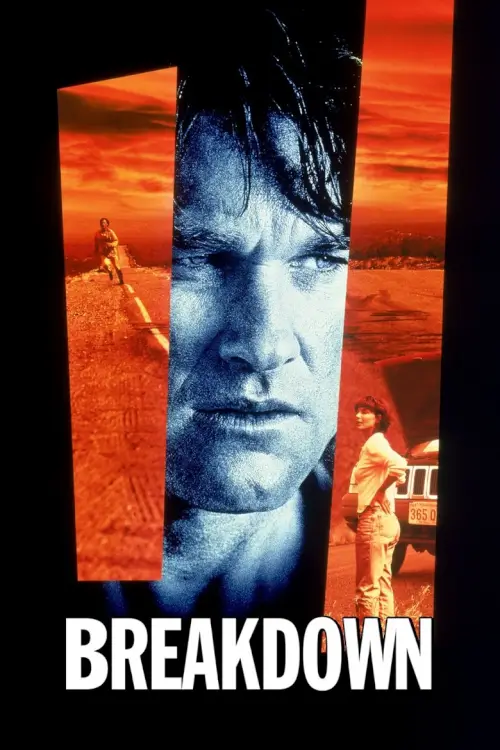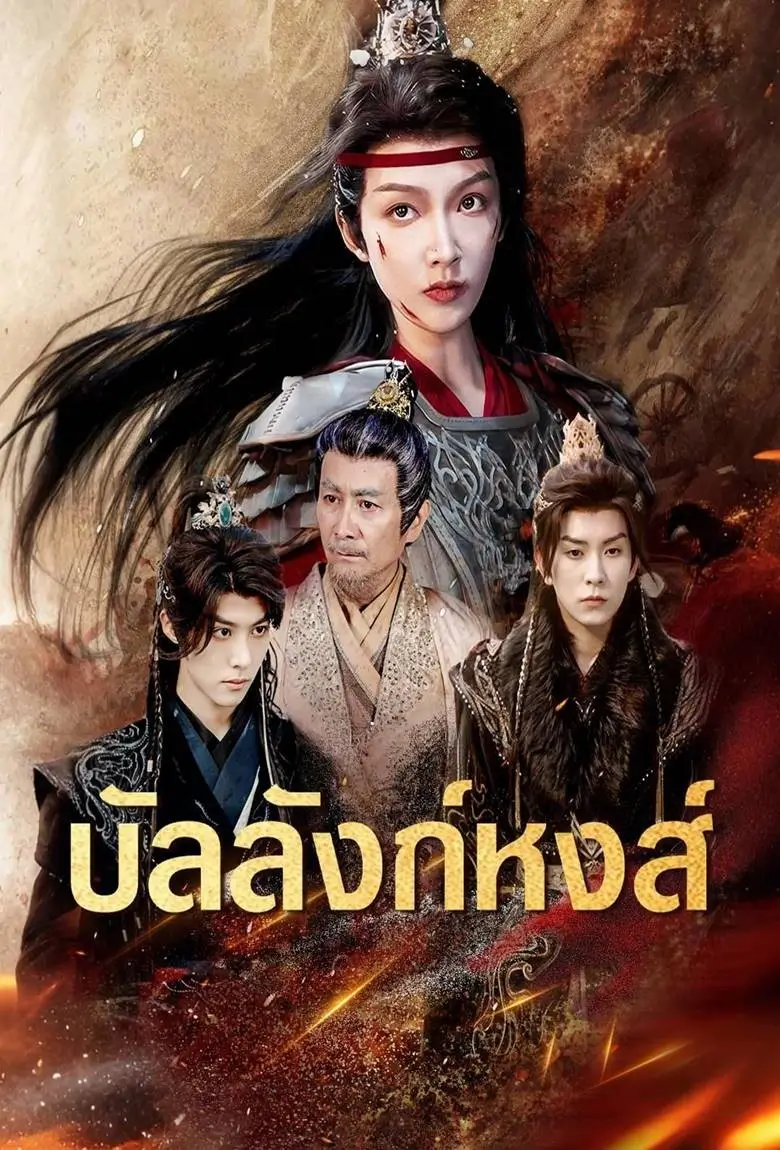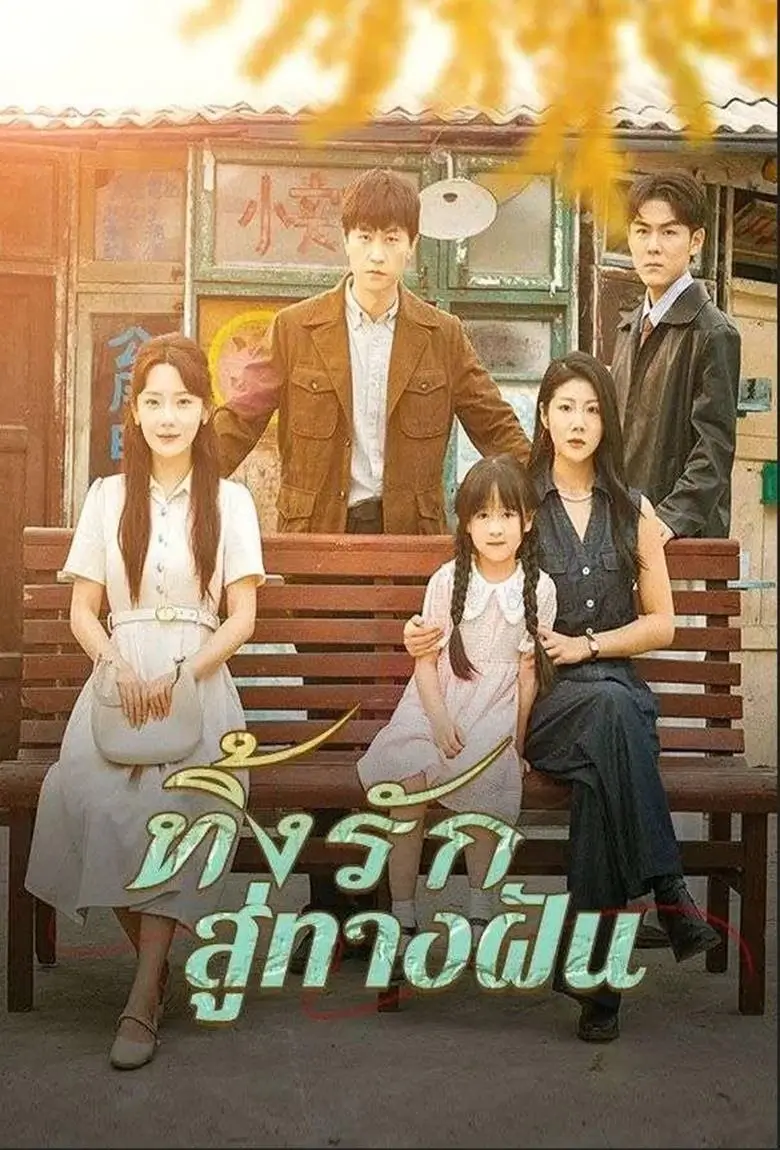Dead Man แค้นได้ตายไม่เป็น (1995) บรรยายไทย
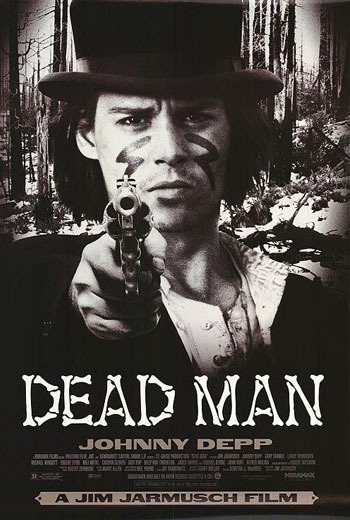

หมวดหมู่ : หนังดราม่า , หนังผจญภัย , หนังแฟนตาซี
เรื่องย่อ : Dead Man แค้นได้ตายไม่เป็น (1995) บรรยายไทย
ชื่อภาพยนตร์ : Dead Man แค้นได้ตายไม่เป็น
แนว/ประเภท : Adventure, Fantasy, Drama
ผู้กำกับภาพยนตร์ : Jim Jarmusch
บทภาพยนตร์ : Jim Jarmusch
นักแสดง : Johnny Depp, Gary Farmer, Crispin Glover
วันที่ออกฉาย : 23 December 1995
วิลเลียมเบลค ( จอห์นนี่เดปป์ ) นักบัญชีจากคลีฟแลนด์โอไฮโอเดินทางโดยรถไฟไปยังเมือง บริษัทชายแดนของเครื่องจักรเพื่อรับงานบัญชีที่สัญญาไว้ในงานโลหะของเมือง ในระหว่างการเดินทางรถไฟดับเพลิง ( Crispin Glover ) เตือนเบลคต่อองค์กร เมื่อมาถึงเมืองเบลคได้บันทึกความเป็นศัตรูของชาวเมืองที่มีต่อเขา จากนั้นเขาก็ค้นพบว่าตำแหน่งได้ถูกเติมเต็มแล้วและเขาถูกขับออกจากสถานที่ทำงานโดยจอห์นดิกคินสันซึ่งเป็นเจ้าของ บริษัท ที่ดุร้าย เบลคได้พบกับเทลรัสเซล ( Mili Avital)และไร้งานหรือไม่มีเงิน) อดีตโสเภณีขายดอกไม้กระดาษ เขาปล่อยให้เธอพาเขากลับบ้าน ชาร์ลีอดีตแฟนของ Thel ทำให้พวกเขาประหลาดใจบนเตียงและยิงใส่ Blake โดยบังเอิญฆ่า Thel เมื่อเธอพยายามปกป้อง Blake ด้วยร่างกายของเธอ กระสุนทะลุ Thel และบาดแผลเบลค แต่เขาสามารถฆ่าชาร์ลีโดยใช้ปืนของเทลก่อนที่จะปีนออกไปนอกหน้าต่างอย่างน่างงงวยและหนีออกจากเมืองด้วยม้าของชาร์ลี เจ้าของ บริษัท ดิกคินสันเป็นพ่อของชาร์ลีและเขาจ้างนักฆ่าระดับแนวหน้าสามคนในตำนานโคลวิลสันคอนเวย์ทวิลล์และจอห์นนี่ "เด็ก" พิกเกตต์เพื่อนำ 'ความตายหรือมีชีวิต' กลับมา
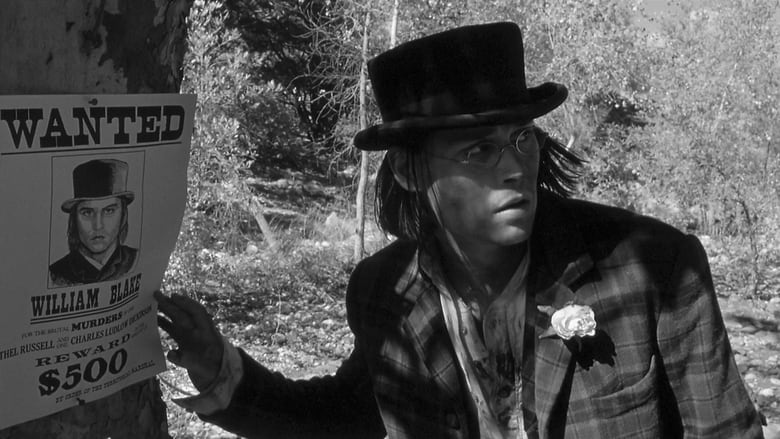
IMDB : tt0112817
คะแนน : 7.6
รับชม : 2438 ครั้ง
เล่น : 551 ครั้ง
The Western genre has always been a cornerstone of American cinema. Unforgiving landscapes, desperadoes, and a rudimentary rule of law, providing a backdrop to people looking to strike it rich or just make a life for themselves, Often weaving in romantic notions and the opportunity for noble men to make a stand against an injustice, or deal revenge upon miscreants. The use of this era is varied in cinematic storytelling, but perhaps one of the most distinct came in 1995, as writer/director Jim Jarmusch (Only Lovers Left Alive, Paterson) used the Old West as the setting for a meditative journey, as a unfortunate accountant finds himself taking in a spiritual experience while meandering to his inevitable fate. The titular dead man.
Synopsis:
With Dead Man, his first period piece, Jim Jarmusch imagined the nineteenth-century American West as an existential wasteland, delivering a surreal reckoning with the ravages of industrialization, the country’s legacy of violence and prejudice, and the natural cycle of life and death. Accountant William Blake (Johnny Depp) has hardly arrived in the godforsaken outpost of Machine before he’s caught in the middle of a fatal lovers’ quarrel. Wounded and on the lam, Blake falls under the watch of the outcast Nobody (Gary Farmer), who guides his companion on a spiritual journey, teaching him to dispense poetic justice along the way. Featuring austerely beautiful black-and-white photography by Robby Müller and a live-wire score by Neil Young, Dead Man is a profound and unique revision of the western genre
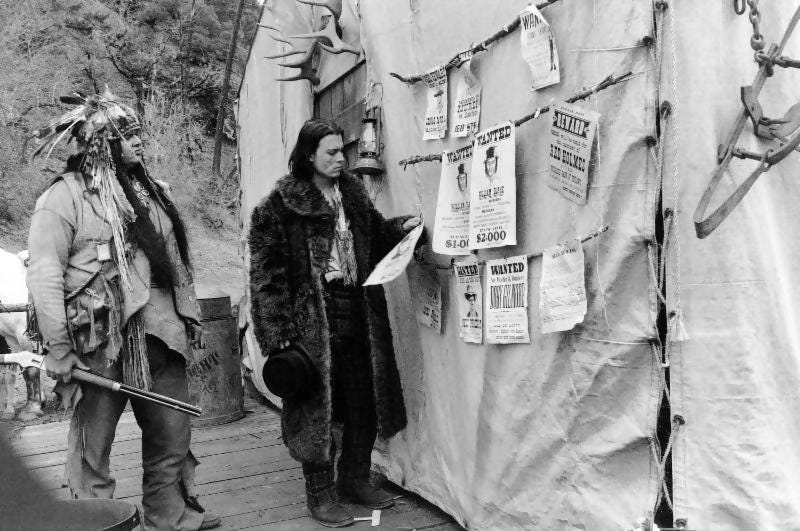
For several years now the work, and indeed personal life of Johnny Depp has been much maligned. From a purely acting point of view, his film choices have been questionable, while performances being little more them an embrace of wacky quirks. Criterion’s Dead Man release takes you back to a time where the man actually imbued his characters with nuance and depth. His William Blake isn’t some colorful sort, instead he’s a subdued common man, one who ends up in a perilous situation when all he strived to be was an accountant. An act of self-defense sets him on a fatal path, one he treads with a Native American guide named Nobody (Farmer), a spirit guide who is convinced his new companion is the famed English poet.
Depp is brilliantly expressive here, channeling the moments of illumination and emotion that come from his procession. Gary Farmer brings a brilliance to the film with his dry humor exemplifying much of the tone Jarmusch seeks to instill. In support, is a incredible cast, with memorable performances from Iggy Pop, Crispin Glover, John Hurt, and most notably Robert Mitchum in his final role. Punctuations of life and eccentricity in this monochrome world through which this meek accountant walks.
Jarmusch layers in humor to a cold, cruel world. Stunningly shot in black and white, it’s starkness is underlined by a haunting score from Neil Young. It’s a poetic tale, of a man postponing the inevitable, a journey of self-discovery as he faces his own mortality. The case of mistaken identity providing amusement, as well as opening up questions of identity and intelligence between the central duo. Jarmusch deftly tackles racial commentary, the crimes against the Native Americans, and their views on the encroaching Whites are woven into the fabric of the film. He also touches on aspects of environmentalism, as well as the folly of gun violence, notably in how attuned it’s depiction is in conjunction with moments of heightened emotion. Moral questions and conundrums that you’d expect from someone on a meditative journey, a spiritual experience as one man heads towards his fate


